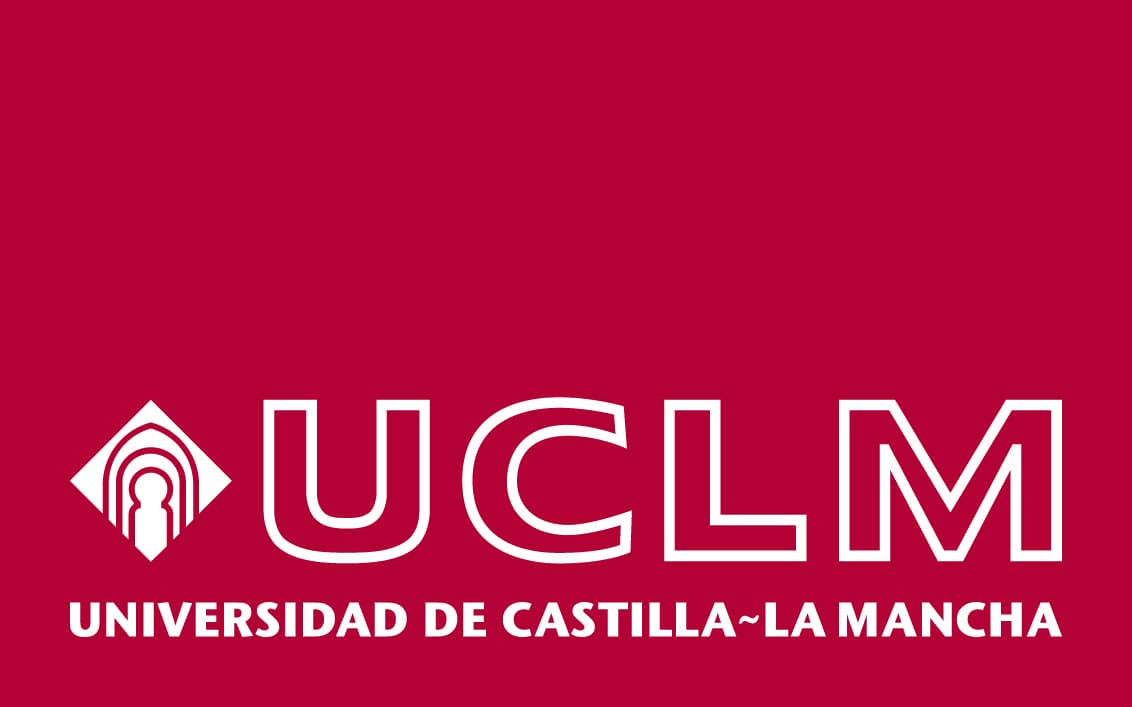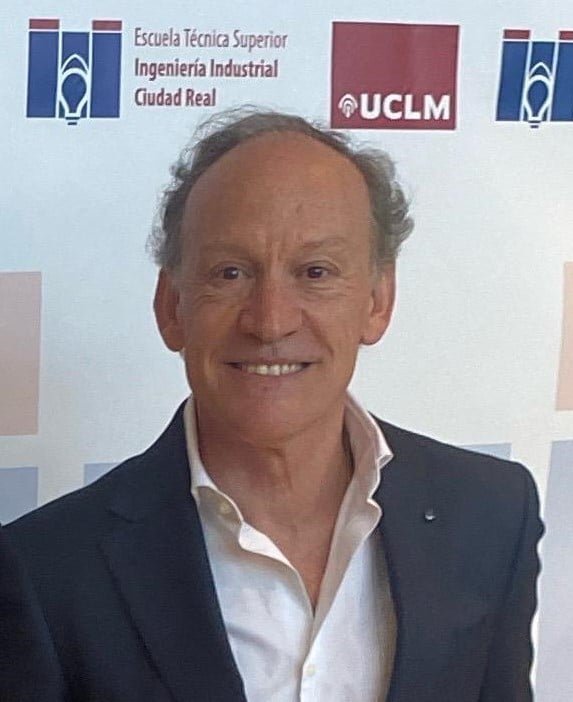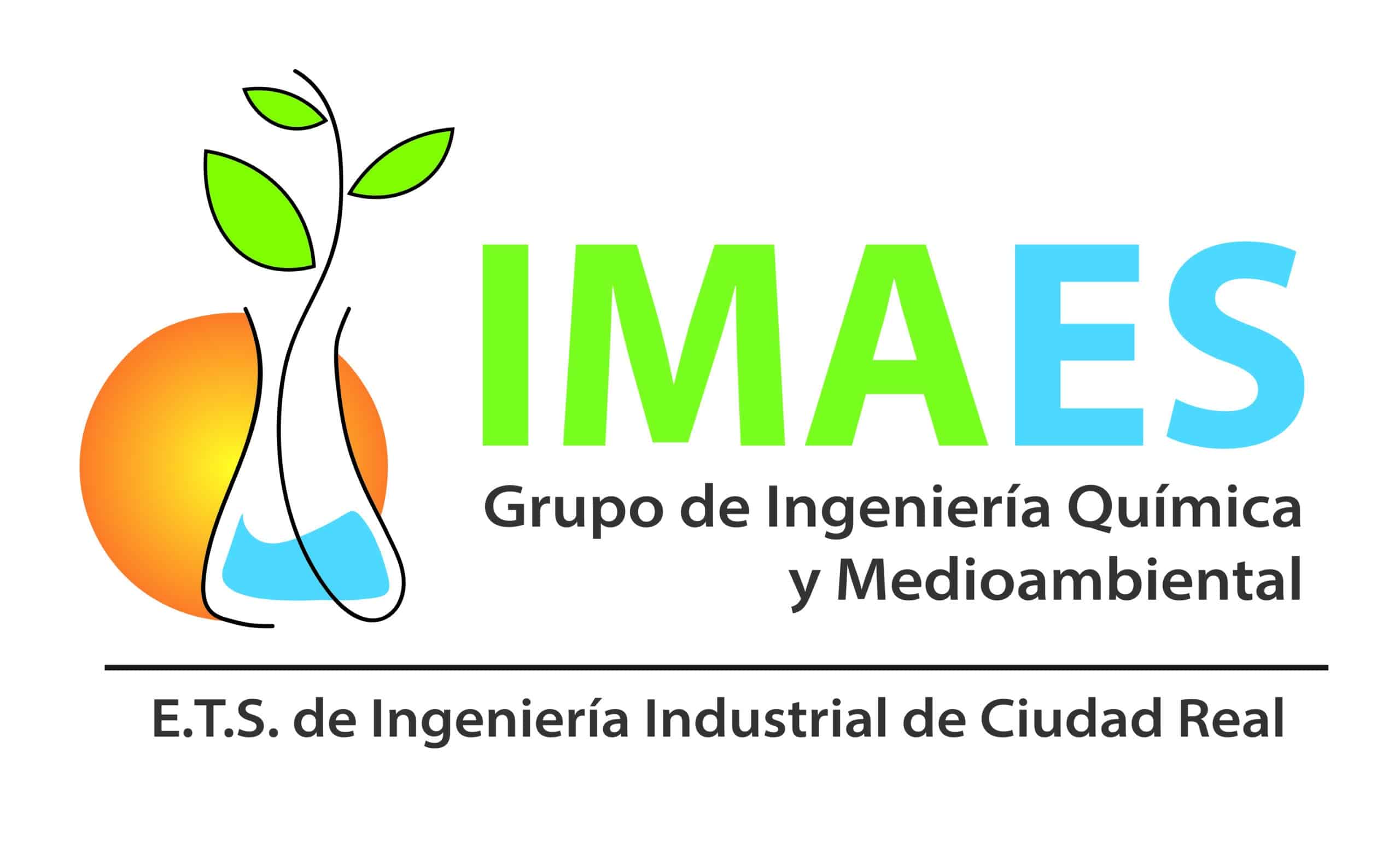From renewable energy to sustainable waste management, University of Castilla-La Mancha is educating the next generation of engineers and innovators—while actively contributing to the Plastics2Olefins project’s mission of building a circular economy.
Founded in 1982 and welcoming its first students in 1985, University of Castilla-La Mancha (UCLM) was established to provide higher education across the Castilla-La Mancha region.

Today, the university serves more than 31,000 students—including 28,264 undergraduates and 3,196 postgraduates—across seven campuses in Albacete, Ciudad Real, Cuenca, Toledo, Talavera de la Reina, and Almadén.
UCLM offers bachelor’s, master’s, and doctoral degrees in all major disciplines. Research has become a cornerstone of UCLM’s development, with institutes specializing in science, engineering, law, and health.
A Regional University with Global Impact
“Our scientific output is indexed in leading databases and shows a growing citation impact,” explains José María Monteagudo, Full Professor in Chemical Engineering, noting that the university’s work is increasingly recognized in global rankings such as THE and QS (regional category).

Collaboration is central to UCLM’s success. The university works closely with hospitals, industries, and public institutions, while actively participating in national and EU-funded projects to foster innovation.
Through programs like Erasmus and global partnerships, UCLM promotes internationalization and knowledge exchange, ensuring that students and researchers can develop their training.
“Together, these achievements confirm UCLM’s development as a regionally rooted institution with increasing research impact, innovation, and international visibility,” adds Monteagudo.
UCLM’s Role in Plastics2Olefins
Within the Plastics2Olefins project, UCLM’s IMAES research group has organized a series of workshops on “Decarbonization Technologies for Waste Valorization”. Delivered in collaboration with project partner Repsol, these workshops provide master’s students and professionals with cutting-edge training in waste-to-resource technologies.
- Read also: Presenting the Partners: VTT – Pioneering Gas Purification Solutions for Plastic Waste Valorisation
The program covers Gasification, Pyrolysis, Anaerobic Digestion, and Fermentation, and participation is recognized with 1 ECTS credit.

“The target audience included master’s students in Industrial or Chemical Engineering from any university, as well as professionals seeking to develop or strengthen their training in this field,” says Monteagudo.
Educating the Next Generation for a Circular Economy
By integrating Plastics2Olefins activities into its teaching, UCLM prepares future engineers to lead the transition to a circular economy.
“This initiative reflects UCLM’s commitment to sustainability and its contribution to advancing European decarbonization goals,” concludes Monteagudo.
Through its strong research culture, international partnerships, and dedication to sustainability, UCLM is proving how universities can drive meaningful change—making it a vital partner in the Plastics2Olefins project and a key contributor to Europe’s green transition.
